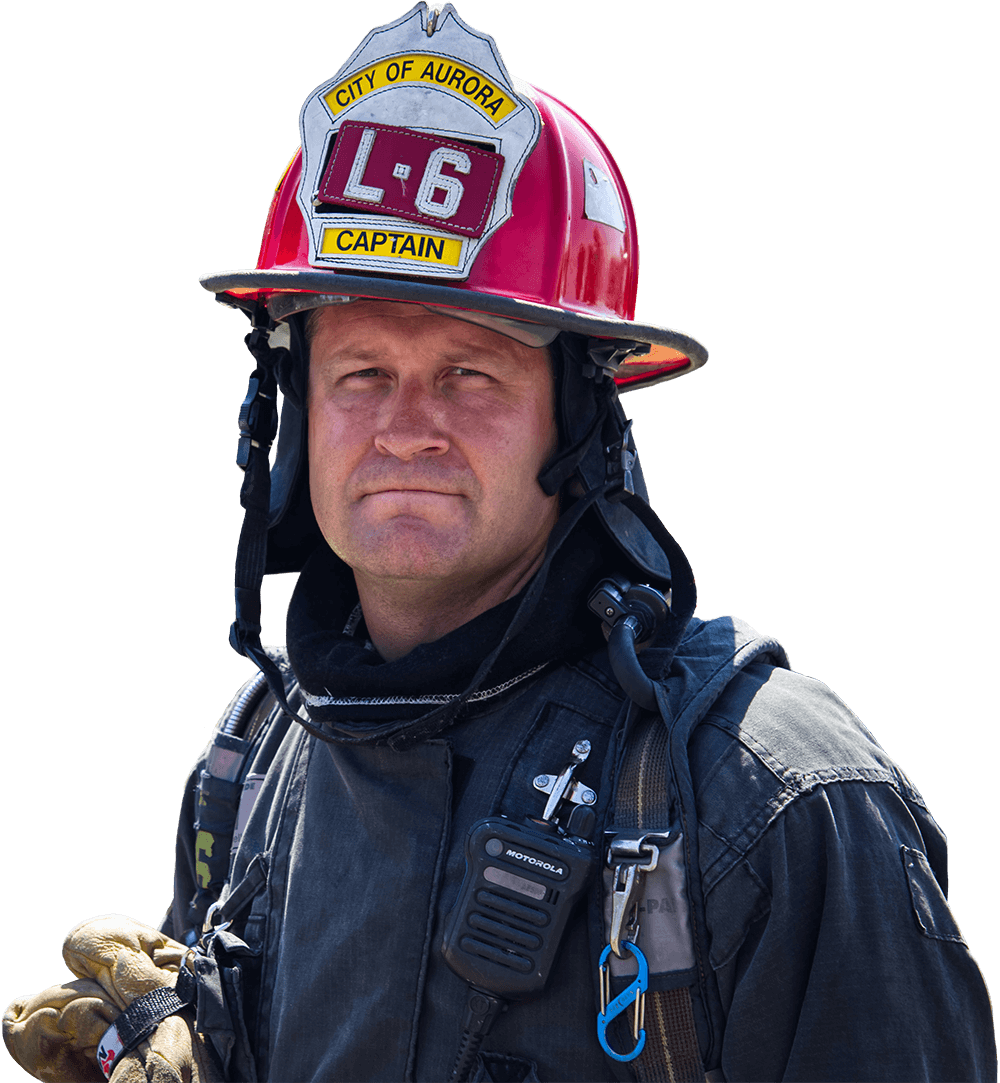Allergic reactions, including their more severe form, anaphylaxis, represent an exaggerated or hypersensitive response following exposure to any of a number of triggers or allergens, like food, medications, or pollen. Allergic and anaphylactic reactions are typically but not always mediated by the immune system and are most notable for the fact that many other people would not experience any such reaction when exposed to the same triggers. Anaphylaxis represents the more severe and potentially life-threatening form of an allergic reaction. Your ability to recognize and treat allergic reactions can mean the difference between life and death for some patients. In this course, we'll discuss how the immune system may trigger allergic reactions, anaphylaxis recognition and treatment, as well as epinephrine administration.
Course Type: Full-length Course
Course Duration: 60
Allergic reactions, including their more severe form, anaphylaxis, represent an exaggerated or hypersensitive response following exposure to any of a number of triggers or allergens, like food, medications, or pollen. Allergic and anaphylactic reactions are typically but not always mediated by the immune system and are most notable for the fact that many other people would not experience any such reaction when exposed to the same triggers. Anaphylaxis represents the more severe and potentially life-threatening form of an allergic reaction. Your ability to recognize and treat allergic reactions can mean the difference between life and death for some patients. In this course, we'll discuss how the immune system may trigger allergic reactions, anaphylaxis recognition and treatment, as well as epinephrine administration.
Course Type: Full-length Course
Course Duration: 60
Course Type: Full-length Course
Course Duration: 60
Individuals with autism are seven times more likely to interact with first responders than the average citizen. To ...
Course Type: Full-length Course
Course Duration: 150
?Lifting patients onto stretchers for transport is a common occurrence in EMS. Unfortunately, lifts performed improperly can lead to EMS providers getting hurt. In this course, we'll discuss the potential hazards from finding patients in hard to reach locations and the need for utilizing proper lifting techniques to prevent injury.
Course Type: Full-Length Course
Course Duration: 60 min
As a first-time manager, you likely feel a mixture of excitement and apprehension about your new role. What ...
Course Type: Full-length Course
Course Duration: 60
As a first responder, you may encounter varying types of bloodborne and airborne pathogens. It is necessary to be prepared for these circumstances so that you are better equipped to protect yourself and others and help to stop the spread of potentially dangerous pathogens. This course will discuss bloodborne and airborne pathogens, including the use of personal protective equipment and controlling exposure.
Course Type: Full-length Course
Course Duration: 60 min
Many of us took courses on writing in elementary school or even high school, however, there are specific ...
Course Type: Full-length Course
Course Duration: 60
Regular medical and recreational use of cannabis is on the rise among all age groups. In most cases, this is ...
Course Type: Full-length Course
Course Duration: 60
Overdoses are not an unusual reason for EMS calls. While the vast majority will do well with supportive care, ...
Course Type: Full-length Course
Course Duration: 60
Simulation training is one of the most effective tools to teach learners new skills. It uses kinesthetic training ...
Course Type: Full-length Course
Course Duration: 60
The endocrine system plays a key role in managing fluid balance, hormones, electrolytes, and chemicals to maintain homeostasis in the body. Parts of this system may fail for various reasons, warranting EMS intervention. In this course, we’ll review the endocrine system and its structures. Then, we’ll examine the causes, symptoms, and treatment for diabetic emergencies like diabetic ketoacidosis, thyroid disorders, including thyroid storm and myxedema, adrenal gland disorders (like Cushing's disease and Addison's disease), and finally parathyroid gland emergencies, including hypercalcemia and hypocalcemia.
Course Type: Full-length Course
Course Duration: 90
